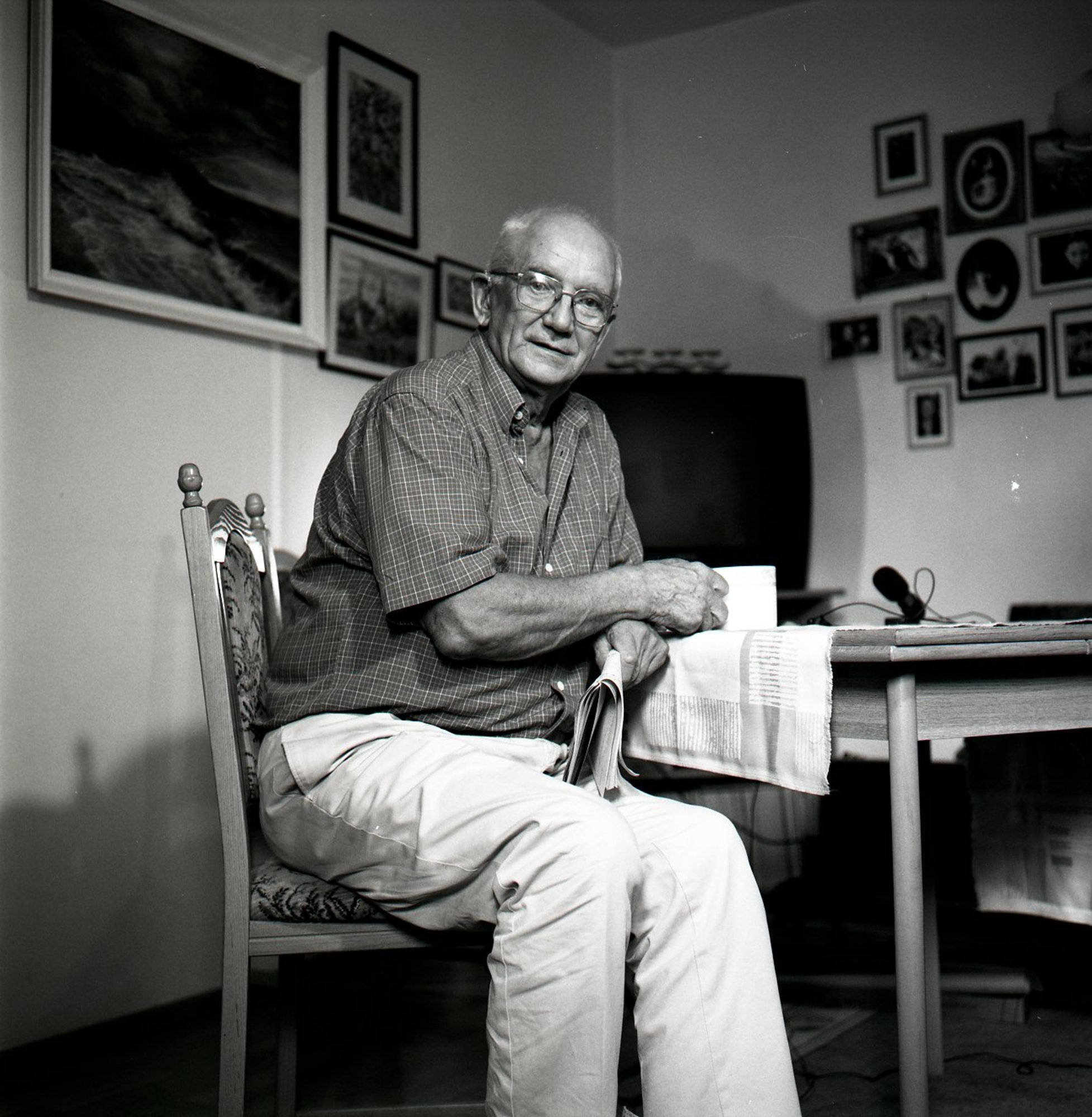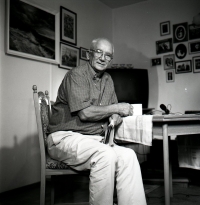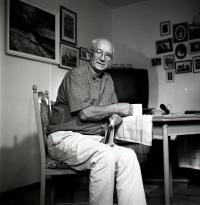My mom came over and was touching me She was not sure whether I was real or just a dream

Download image
Born on 26 January 1929 in Sambor (Lviv voivodship, Second Polish Republic). In August 1944 he became a courier for the Polish Home Army between Sambor, Drohobych and Boryslav. On 9 May 1945 he had been arrested by the NKVD; in August 1945 he was sentenced to ten years of imprisonment. Between August and December 1945 he was detained at Łąckiego and Zamarstynowska street prisons in Lviv, then in Kiev. In 1945 he had been transported to Odessa, where he was held captive at a penal colony for minors until he turned 18, following which he was moved to the Odessa prison and later on to a transit camp in the same city. In the summer of 1947 he was sent to an Ural lager in the Sverdlovsk oblast, not far from Ivdel. In 1949 was moved to the Ivdel Lager Union. He worked building rafts, in a kitchen, at a sawmill, he loaded trains with boards. In May 1949 he was transported to Kazakhstan, to a lager in Karaganda oblast. Initially, he worked at construction sites, later on, for half a year, in a coal mine. In March 1951, two months before the expected date, he was released. The next two months he spent at a transit camp in Petropavlovsk, following which he was imprisoned in Novosibirsk and Krasnoyarsk. In September 1951, Tadeusz Bukowy was forced to settle in the village of Podpory in Sukhobuzinsk region of Siberia. He worked constructing wooden houses in the taiga and collecting resin. In May 1955 he was granted the permission to leave for Poland. He came back at the beginning of 1956. He settled down in Wrocław. He worked in a number of industrial plants.

